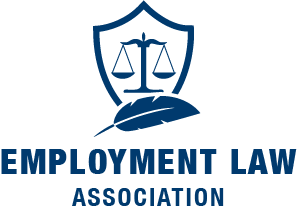 In a personal injury case, you ask for compensation for damages that you incurred due to an incident caused by another person’s negligence. When it comes to damages, there are three types of damages that you need to know about. Here’s what you need to know about noneconomic, economic and punitive damages.
In a personal injury case, you ask for compensation for damages that you incurred due to an incident caused by another person’s negligence. When it comes to damages, there are three types of damages that you need to know about. Here’s what you need to know about noneconomic, economic and punitive damages.
Noneconomic
Noneconomic damages are not concrete damages. These are more subjective and have to undergo jury scrutiny. Noneconomic damages may include:
- Emotional anguish
- Pain and suffering
- Loss of enjoyment
- Worsened injuries
Sometimes after an injury, the biggest loss isn’t economical. You may have difficulties functioning in everyday life that you didn’t before. You may be unable to play with your children like you used to or drive to work independently. If you had an active lifestyle and can no longer be active, it can become an emotional strain. Non-economic damages take into consideration the losses that are more difficult to calculate. To figure out non-economic damages, most Buffalo, NY personal injury lawyers such as ones from Hurwitz, Whitcher & Molloy, LLP and insurance companies will multiply the economic damages by a factor of one to five.
Economic
Economic damages are a lot more straightforward. These damages are compensation for monetary losses. You would calculate the medical bills, property damage, household services, lost income and any other economic losses due to the accident. Some of these costs will be for treatments or lost wages that you already suffered and other costs may be for future expenses. For example, if you need rehabilitation, you can sue for those future costs.
Punitive
Punitive damages are not honored in every state. However, in the states where punitive damages are awarded, these are not compensatory damages. The court awards punitive damages when the defendant’s behavior was especially harmful. If the court decides that the defendant engaged in wanton and willful misconduct or an intentional act, the defendant will often face punitive damages.
The point of punitive damages is to discourage the defendant from engaging in that behavior again. It can also serve as a deterrent to others who might engage similarly. For example, if someone assaults another person or is in an accident while intoxicated, they could face punitive damages.To determine which damages you are most likely to receive for your personal injury case, consult with an attorney
They will help you estimate your damages and ensure that you do not accept a settlement far less than what you deserve. Set up your first consultation as soon as possible!
